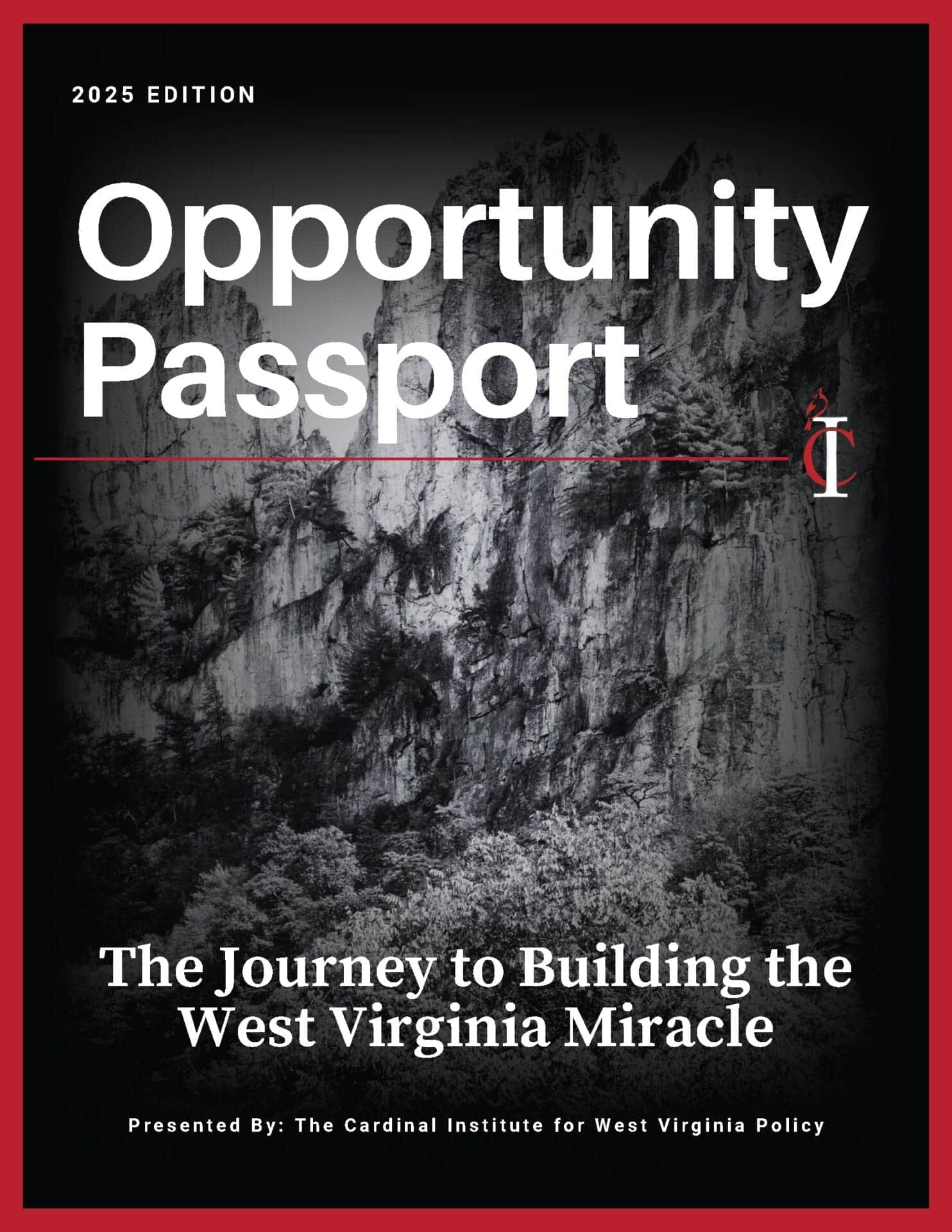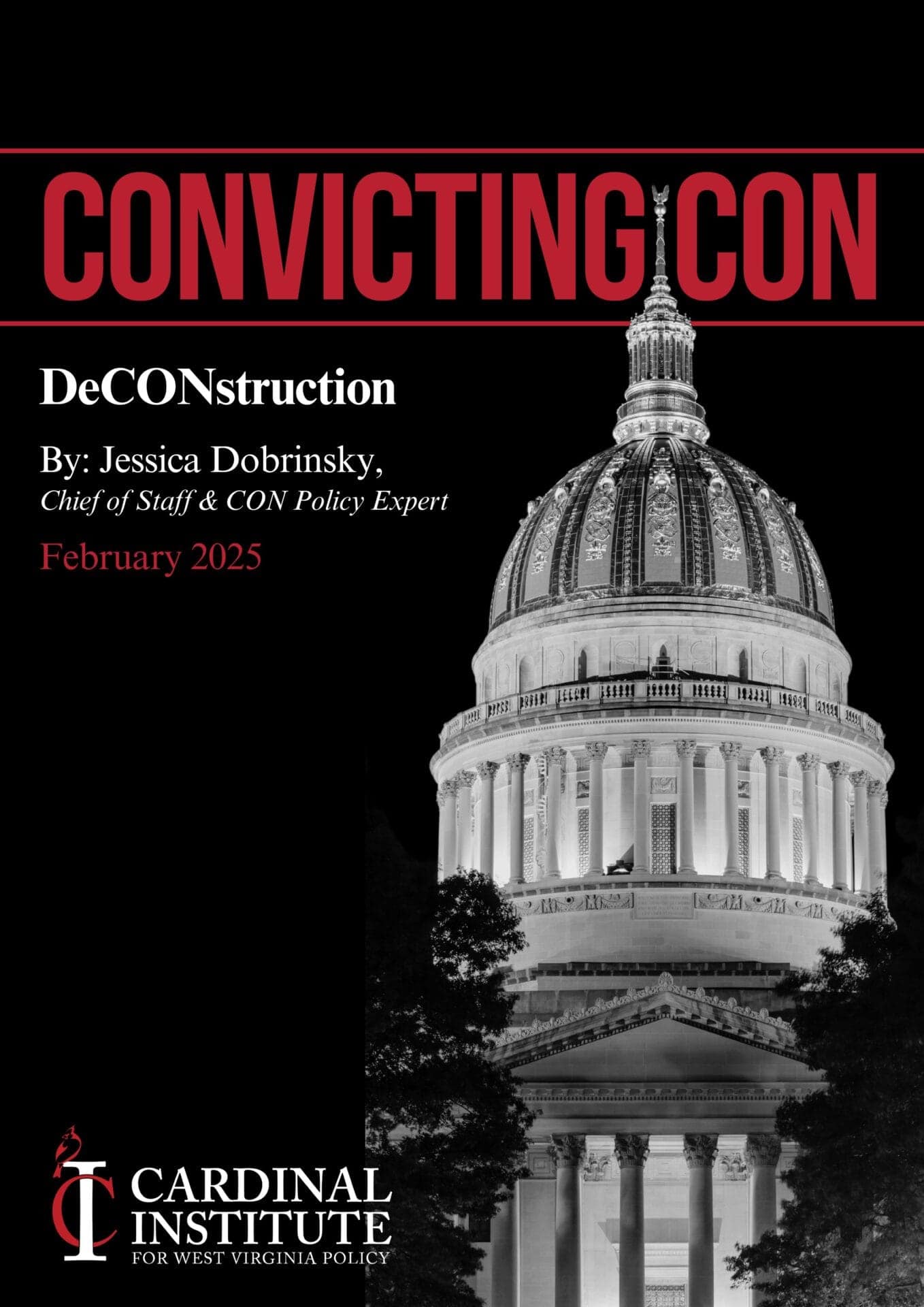
Benefit Cliffs Put West Virginians Between a Rock and a Hard Place
Benefit Cliffs Put West Virginians In A Tough Position
The most recent report published here at the Cardinal Institute highlights benefit cliffs and how they affect the individuals and families who are counting on safety net assistance to meet needs during challenging economic times.
My fellow blog contributor, Jacob McCoy, has a great post from a couple of weeks ago that discusses this same problem. In it, he presents examples from other states where individuals face the troubling question posed by such a cliff.
“Do I take the raise, promotion, or extra hours and continue to expand my opportunities, even if it means my family is materially worse off because of the assistance I’ll lose with that slightly bigger paycheck?”
For many of us, including myself, the answer would be to pass on that opportunity.
It’s Rational To Not Take The Raise
Sure, we can bemoan this situation. We can grumble to ourselves that we’d do things differently if we were in their shoes. Maybe we can declare that professional stagnation in exchange for continued material security is not a good decision. We can begrudge the individual for making that choice.
But it is a rational decision. And in a slightly different context, a lot of people make a similar decision.
Do you know any families who have recently welcomed a baby into the world? Were mom and dad both working before baby’s arrival? Are both parents still working the same schedules after maternity and/or paternity leave ended?
If your answer to the final question was “no,” then you understand the choice to not work. In a sense, one of those parents made the same decision an individual facing a benefit cliff would likely make.
As both parents sat down and thought about their respective contributions to household resources, their personal professional aspirations, the milestones they might miss during time spent away from their little loved one in these extremely formative months, and resource costs associated with commuting and childcare . . . the numbers just didn’t add up.
In the face of those additional costs, it made sense for one of those parents to reduce their hours worked or completely withdraw from the labor force. This allows them to focus their efforts on the highly valuable though unpaid work of caring for the child.
These scenarios are functionally the same. Someone looked at all the numbers and said, “This doesn’t look like all that great of an opportunity.” In one scenario, we balk; the other, we celebrate. The calculus is the same.
Turn Benefit Cliffs Into A Bridge to Opportunity
At the end of the day, the individuals in both scenarios are making the best decision they can in light of the constraints they face. For many West Virginians dependent on public assistance programs to make ends meet, taking a raise or a new job just doesn’t make sense. The current system punishes individuals for trying to climb the social and economic ladder.
It’s time we stopped putting our fellow West Virginians between a rock and a hard place. We need to eliminate benefit cliffs sooner rather than later.
Jessi Troyan is the Director of Policy & Research for the Cardinal Institute for West Virginia Policy.








